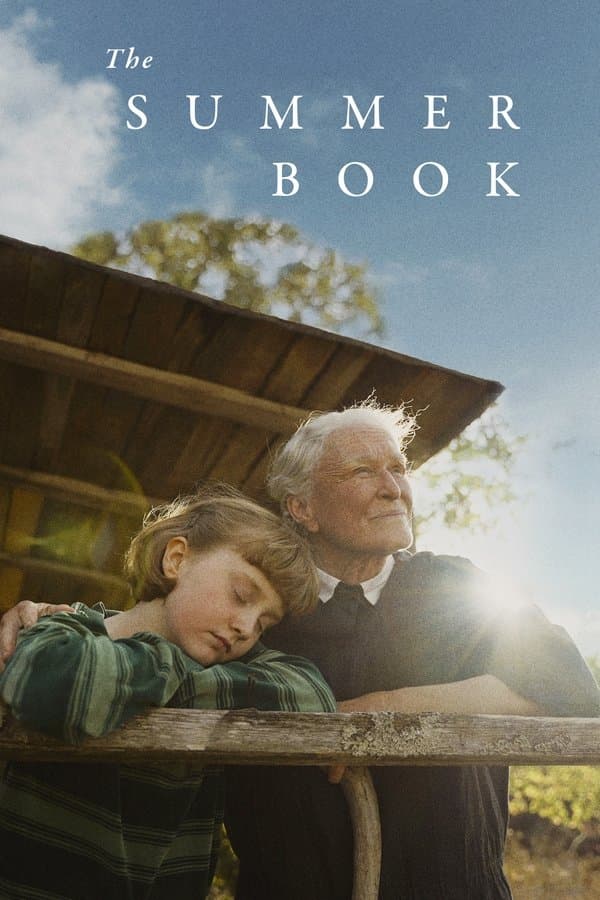
The Summer Book
2025 • Drama
The story of the relationship between Sophia, an eight-year-old girl who is growing up fast, and her grandmother, who is nearing the end of her life. They are spending time together with Sophia’s father, at the family summer house on a tiny unspoiled island in the Gulf of Finland. All three are coming to terms with the recent death of Sophia’s mother in very different ways.
Runtime: 1h 34m
Why you should read the novel
Discover the magic of Tove Jansson’s novel, The Summer Book, before you see its 2025 film adaptation. The novel weaves a tender, nuanced portrayal of the bond between a young girl and her grandmother as they spend a summer together on a remote Finnish island. Through evocative prose and rich, interwoven vignettes, readers immerse themselves in universal themes of grief, love, and the quiet beauty of nature.
Reading The Summer Book offers an introspective journey that no film can replicate. Jansson’s original text invites readers to linger on every emotional detail and subtext, providing a meditative experience enhanced by her subtle humor and philosophical insight. The novel’s uniquely Nordic atmosphere and gentle exploration of life’s impermanence make it a rewarding read for literary enthusiasts and newcomers alike.
Choosing to read the book allows a deeper connection with the characters and their world. Tove Jansson’s masterful storytelling lets readers set their own pace, savoring quiet moments and subtle shifts in mood—nuances that adaptations often cannot fully capture. Pick up the novel to gain an authentic appreciation for the story’s origins and Jansson's poetic vision.
Adaptation differences
One of the main differences between The Summer Book movie adaptation (2025) and Tove Jansson's original novel lies in narrative structure. While the book is composed of loosely connected vignettes emphasizing mood and reflection, the film opts for a more linear and conventional storyline, focusing on the progression of the grandmother-granddaughter relationship.
In the novel, Jansson’s writing is elegantly sparse and open to interpretation, encouraging readers to contemplate deeper meanings behind simple summer days. The film often translates these subtle, internal moments into dialogue and visual representation, which can lose the introspective quality that makes the book unique.
Characterization also shifts in the adaptation. The grandmother and Sophia in the book are drawn with ambiguous emotions and motivations, allowing readers to interpret their complexities. The movie, however, seeks clearer emotional arcs and more explicit character development in order to enhance cinematic engagement and accessibility for a broader audience.
Lastly, the setting’s portrayal changes between formats. Jansson's prose imbues the Finnish island with almost mythic significance, giving the landscape a voice of its own. Though the film beautifully captures the scenery, it may not fully replicate the ethereal, almost spiritual, connection to nature expressed in the book. Overall, while the adaptation brings the story to life visually, reading the novel provides a profoundly richer, more personal experience.
The Summer Book inspired from
The Summer Book
by Tove Jansson










